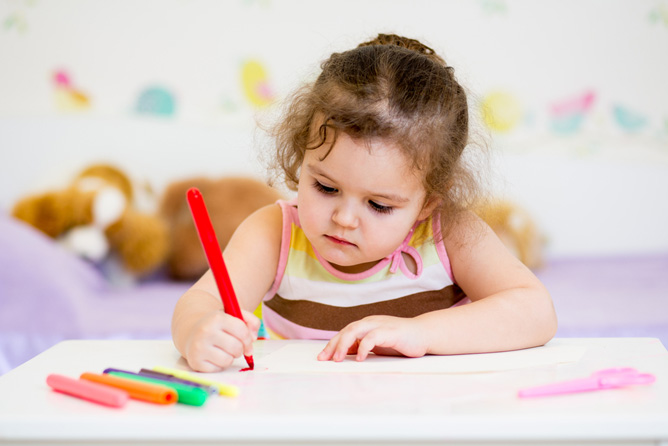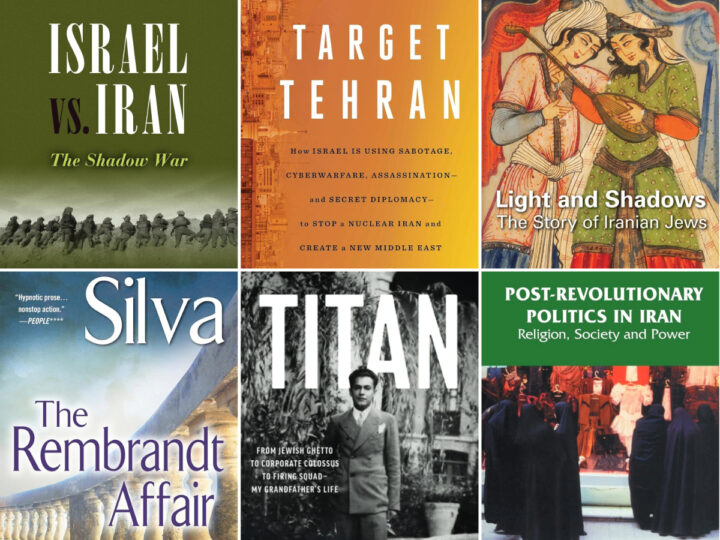
There may be tens of Apps for preschoolers to learn how to read but a new Israeli-American study shows that a pen and paper are the best tools for teaching children that important skill. The study explains why early writing, preceding any formal education, plays an instrumental role in improving a child’s literacy level, vocabulary, and fine motor skills.
“Parents in the US are obsessed with teaching their kids the ABCs,” said Prof. Dorit Aram of Tel Aviv University’s Jaime and Joan Constantiner School of Education. “Probably because English is an ‘opaque’ language. Words do not sound the way they are spelled, unlike ‘transparent’ Spanish or Italian. Parents are using letters as their main resource of teaching early literacy, but what they should be doing is ‘scaffolding’ their children’s writing, helping their children relate sounds to letters on the page even though the letters are not transparent.”
The study, conducted in collaboration with Prof. Samantha W. Bindman of the University of Illinois at Urbana-Champaign and other colleagues in the US, assessed the merits of early parental mediation of children’s literacy and language in English. It was recently published in the Early Childhood Research Quarterly.
“Early writing is an important but understudied skill set,” said Prof. Aram, who has spent the last 15 years studying adult support of young children’s writing. “Adults tend to view writing as associated with school, as ‘torture.’ My experience in the field indicates that it’s quite the opposite — children are very interested in written language. Writing, unlike reading, is a real activity. Children watch their parents writing and typing, and they want to imitate them. It is my goal to assist adults in helping their children enter the world of writing by showing them all the lovely things they can communicate through writing, whether it’s ‘mommy, I love you’ or even just ‘I want chocolate.'”
Prof. Aram and her counterparts found that “scaffolding,” or parental support, was most useful in developing early literacy skills.
“The thing is to encourage children to write, but to remember that in writing, there is a right and a wrong,” said Prof. Aram. “We have found that scaffolding is a particularly beneficial activity, because the parent guides the child. And, if that parent guides the child and also demands precision in a sensitive and thoughtful way — i.e. ‘what did you mean to write here? Let me help you’ — this definitely develops the child’s literary skill set.”
Fighting for Israel's truth
We cover what makes life in Israel so special — it's people. A non-profit organization, ISRAEL21c's team of journalists are committed to telling stories that humanize Israelis and show their positive impact on our world. You can bring these stories to life by making a donation of $6/month.







